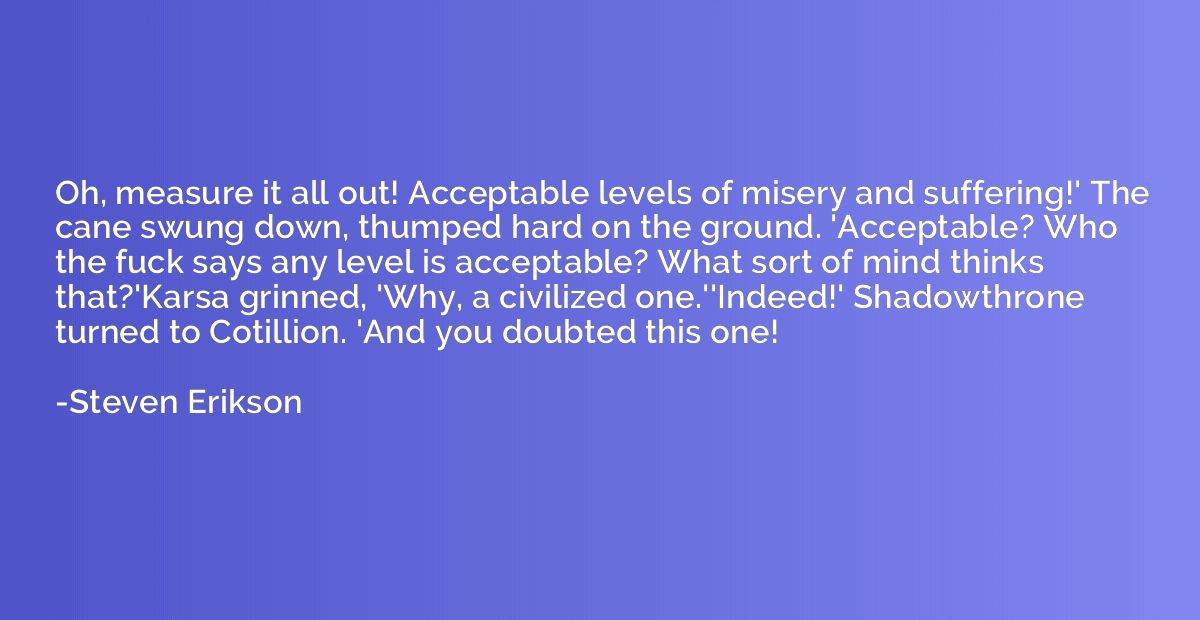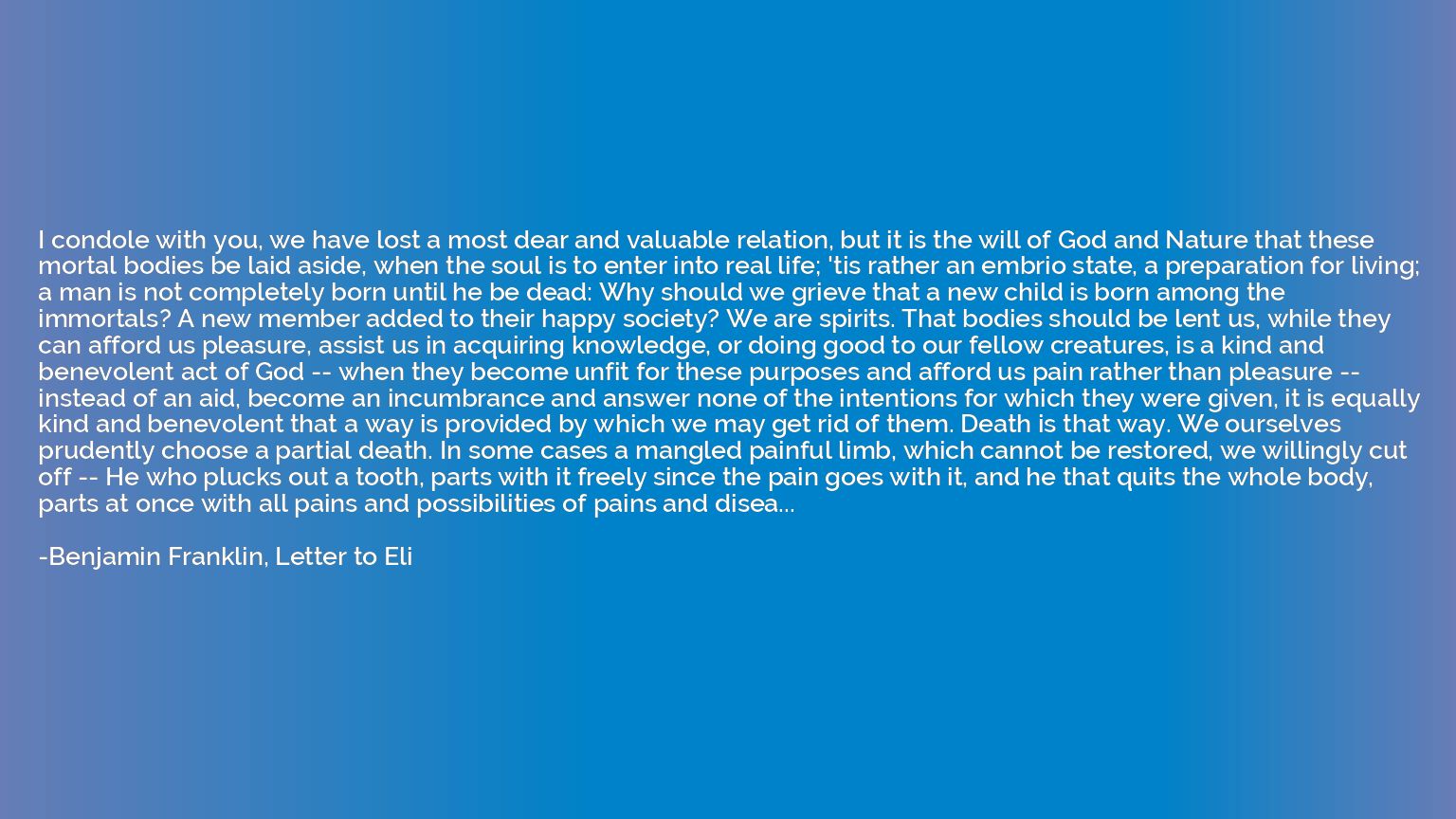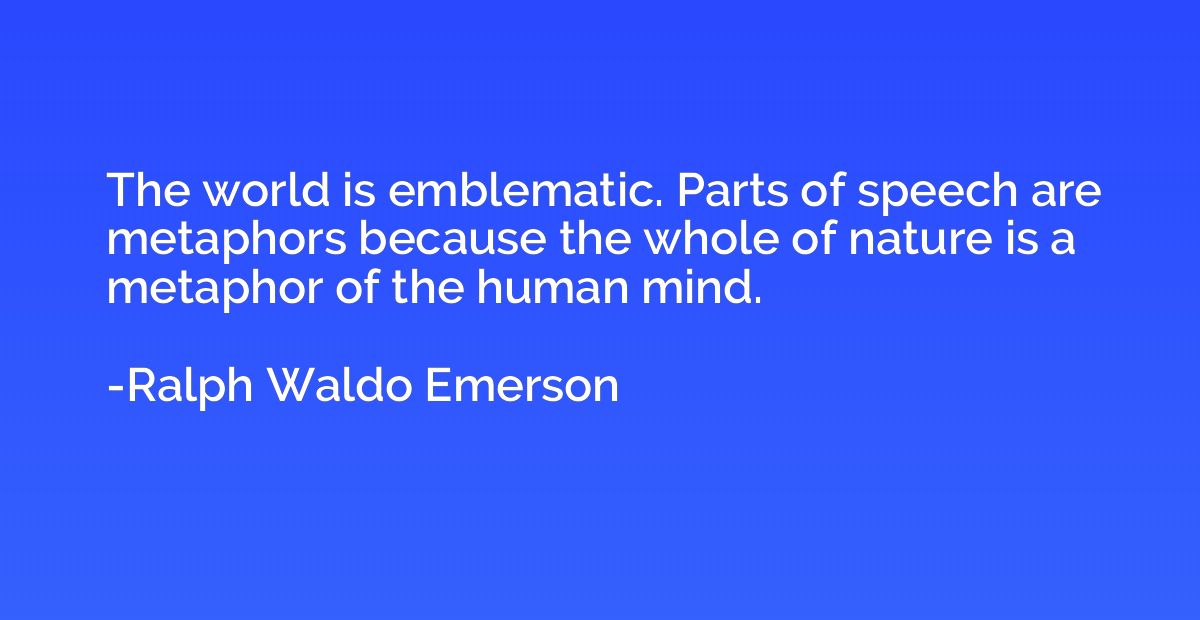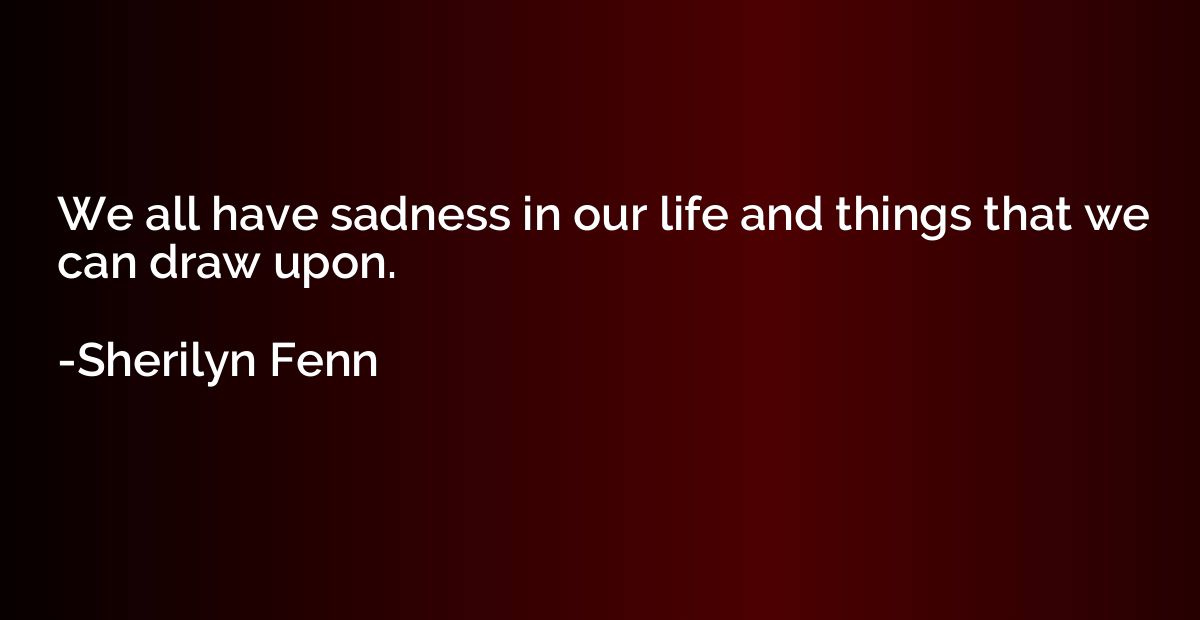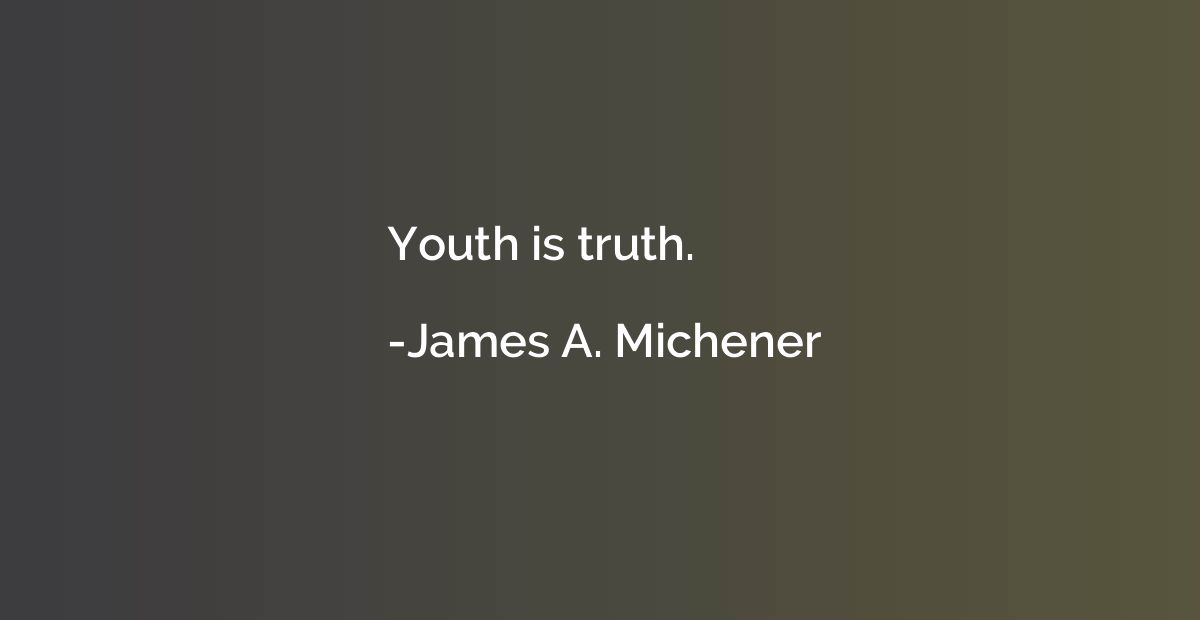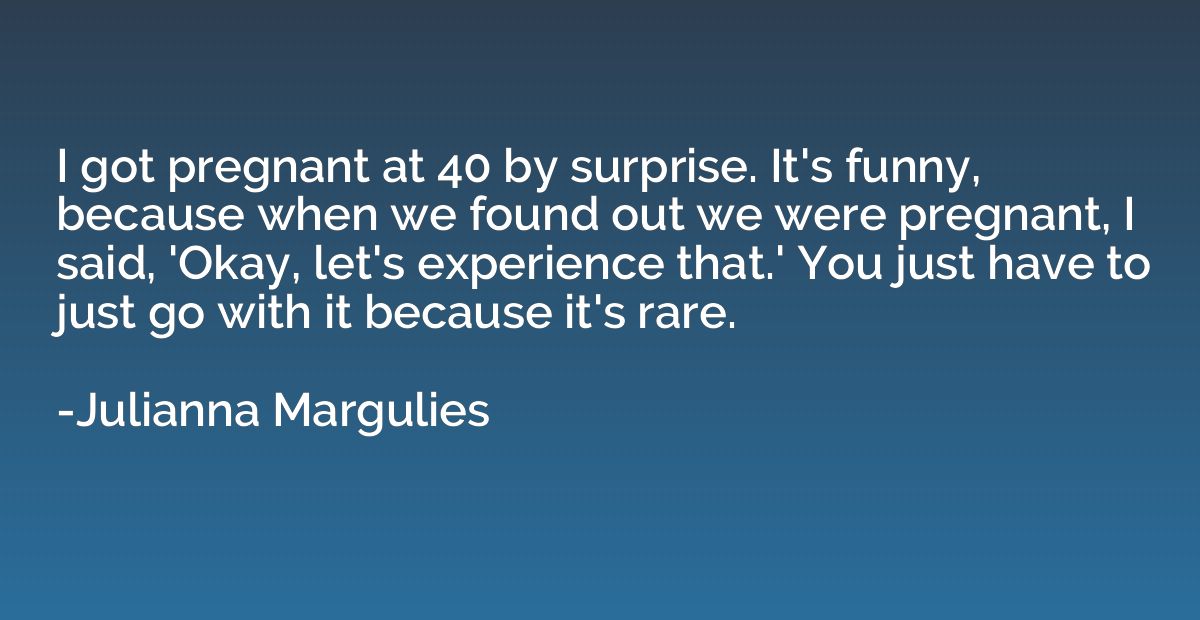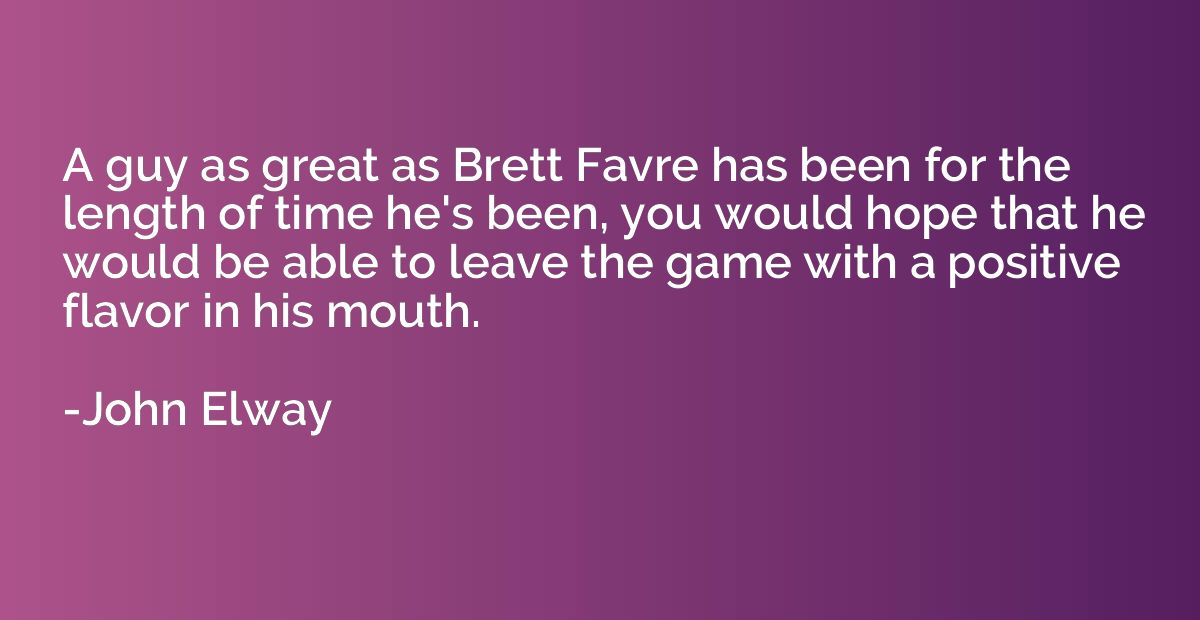Quote by Joseph Conrad
I would not unduly praise the virtue of restraint. It is often merely temperamental. But it is not always a sign of coldness. It may be pride. There can be nothing more humiliating than to see the shaft of one's emotion miss the mark of either laughter or tears. Nothing more humiliating! And this for the reason that should the mark be missed, should the open display of emotion fail to move, then it must perish unavoidably in disgust or contempt.
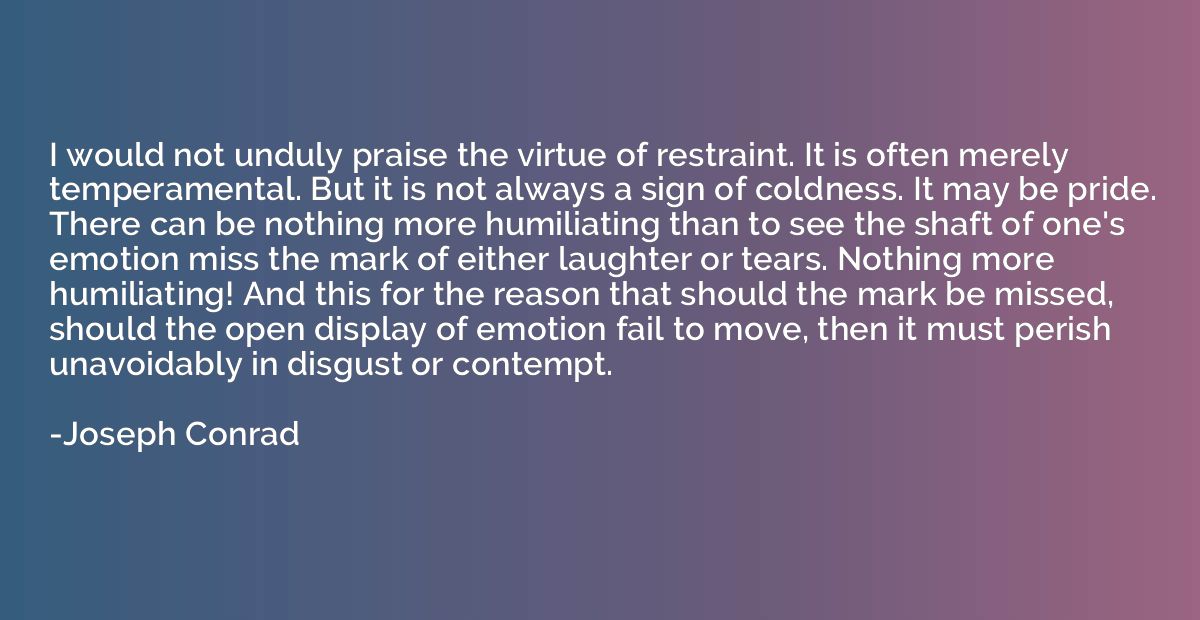
Summary
This quote suggests that restraint should not be overly glorified, as it is often just a matter of personality rather than a genuine virtue. However, it acknowledges that restraint is not always a result of emotional detachment and can also be fueled by pride. The quote emphasizes the humiliating nature of expressing emotions inappropriately or ineffectively. If one's emotions fail to elicit the desired response of laughter or tears, they may instead lead to disgust or contempt, resulting in a loss of dignity.



